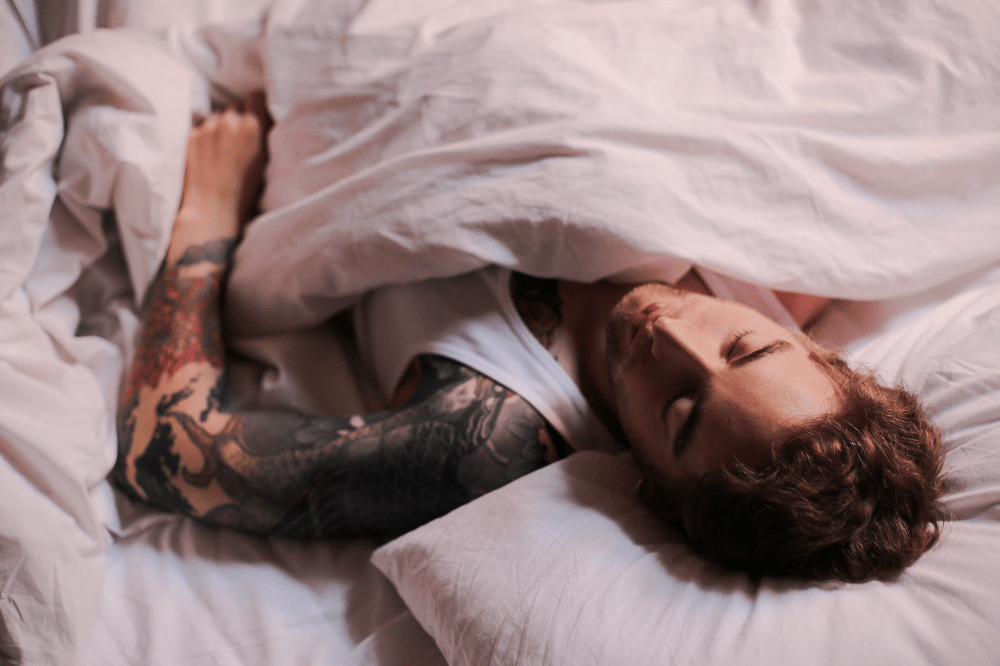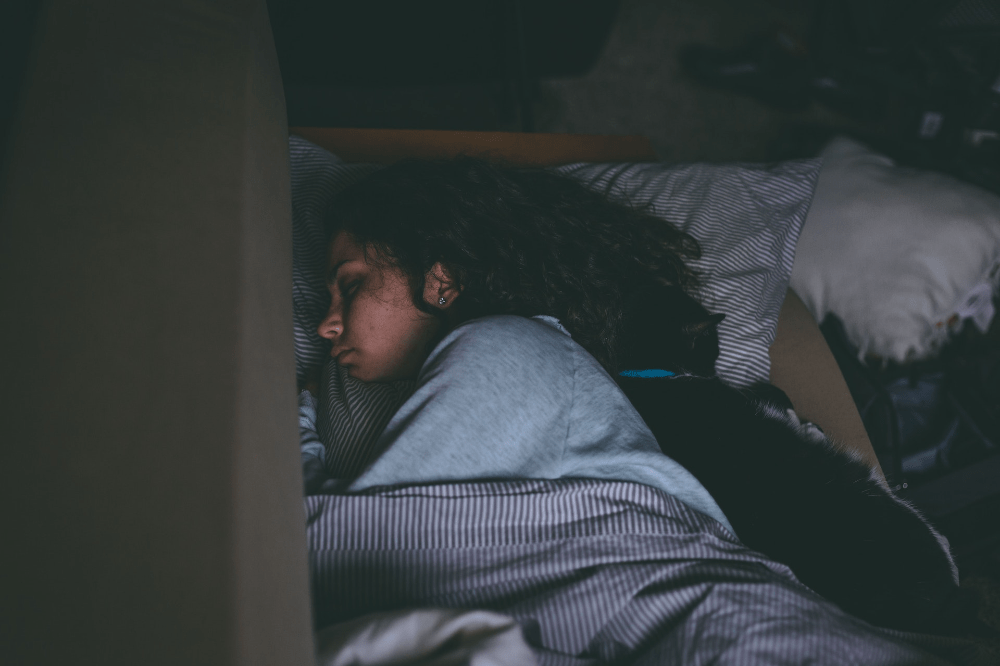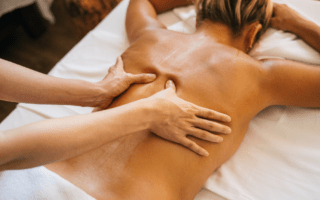Medication that makes it easier to fall asleep can be helpful for people who have trouble dozing off on their own. On the other hand, natural methods like avoiding devices before bed, reading before bed, performing moderate exercises, or practising mindfulness may also assist.
Not getting to sleep is a stressful experience that might negatively affect the following day. However, people can grasp how to fall asleep more quickly by employing a few straightforward and all-natural techniques and strategies.
Take time to try to determine what works best for you, as various things are effective for different people.
The following are some helpful strategies for you to consider.
Establish a Regular Sleeping Schedule
Many people have the strange habit of going to bed at a different hours every night. However, because they disrupt the body’s circadian cycle, these inconsistent sleeping patterns may make it difficult to get or stay asleep.
The circadian rhythm is a collection of changes in one’s behaviour, bodily state, and mental state that occur in a pattern that repeats every 24 hours. One of the most important things the circadian rhythm does is check to see if the body is prepared for sleep at the appropriate time.
This is mostly determined by a biological clock that secretes chemicals that make it easier to sleep or stay awake, depending on the time of day. Maintaining a consistent bedtime helps the body’s internal clock better forecast when it should begin to prepare for sleep.
Turn Off all of the Lights
The circadian rhythm, which the brain and body use to determine when it is daytime and nighttime, can be influenced by external cues such as light. When it’s time to go to bed, making sure the room is as dark as possible may make it easier to fall asleep.
Avoid Sleeping During the Daytime Hours
Napping throughout the day, especially if that continues for more than two hours, is another thing that might throw off your body’s natural circadian cycle.
According to the findings of one study, people who napped at least three times per week and those who napped for longer than two hours at a time each time had a lower quality of sleep than their classmates who did not nap.
After a poor night’s sleep, it is enticing to take a long nap. However, it would be best if you made every effort to avoid doing this because it may hurt a healthy sleep cycle.
Do not Consume Caffeine
An example of a stimulant is caffeine. It wakes you up and can mess with your sleeping patterns. The effects of caffeine usually disappear between three and five hours after consumption. Because of this, it is advised to refrain from consuming anything containing caffeine for at least four hours before going to bed.
Consuming coffee at any point throughout the day may harm the quality of sleep experienced by certain individuals. It is recommended that these individuals completely abstain from caffeine consumption.
Take a Long, Steamy Shower or Bath
Getting into a warm tub or shower before bed can be a great way to unwind and ease into slumber. As a bonus, it can aid in temperature management during the night.
Studies suggest that you reap the most benefits if you do this for at least 10 minutes one to two hours before bed.

Conclusion
The greatest method to ensure that the body and mind get the rest they require is to fall asleep without external help.
You may find that you can fall asleep without the usage of sleep aids if you give the above strategies a try.



